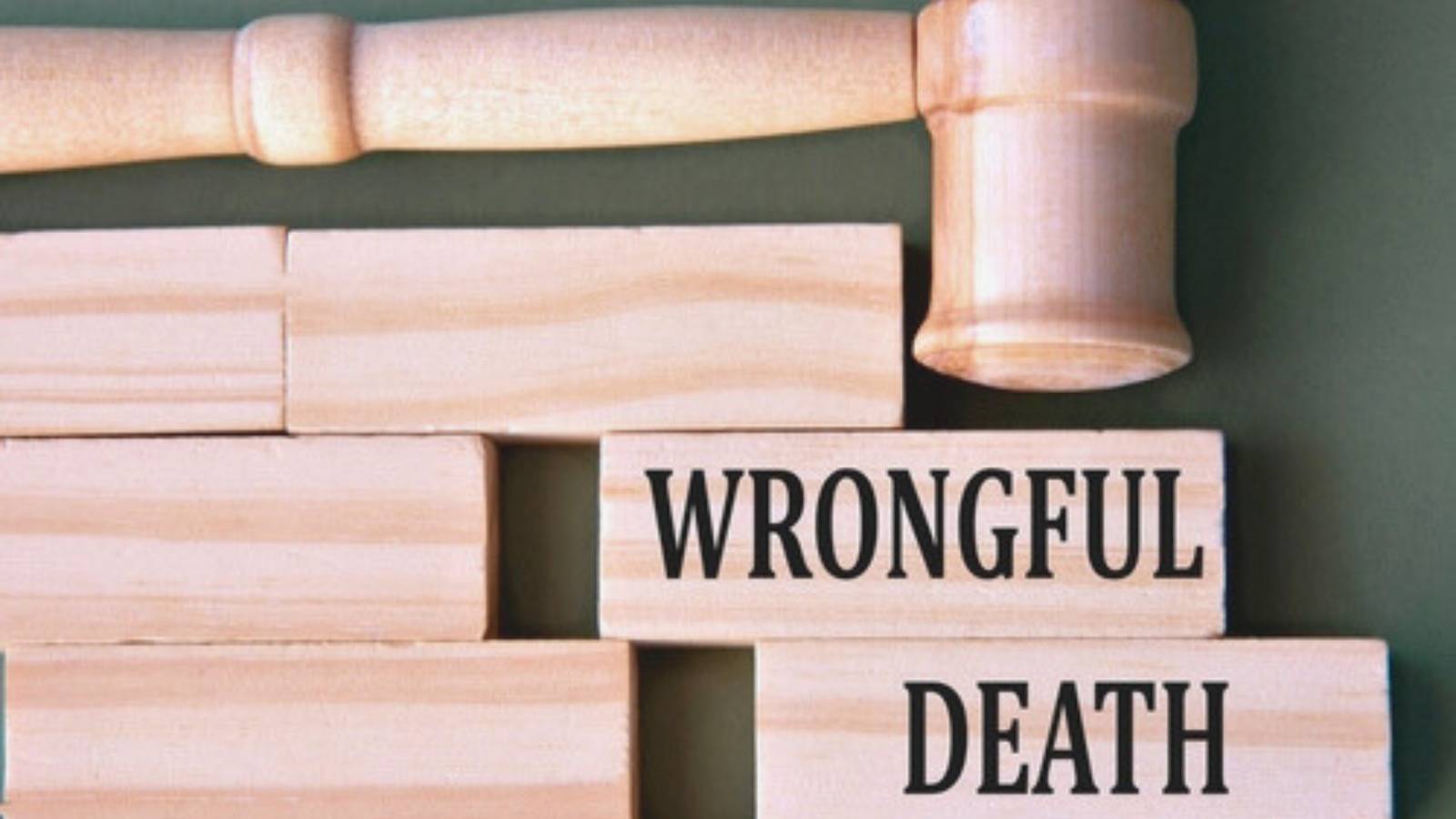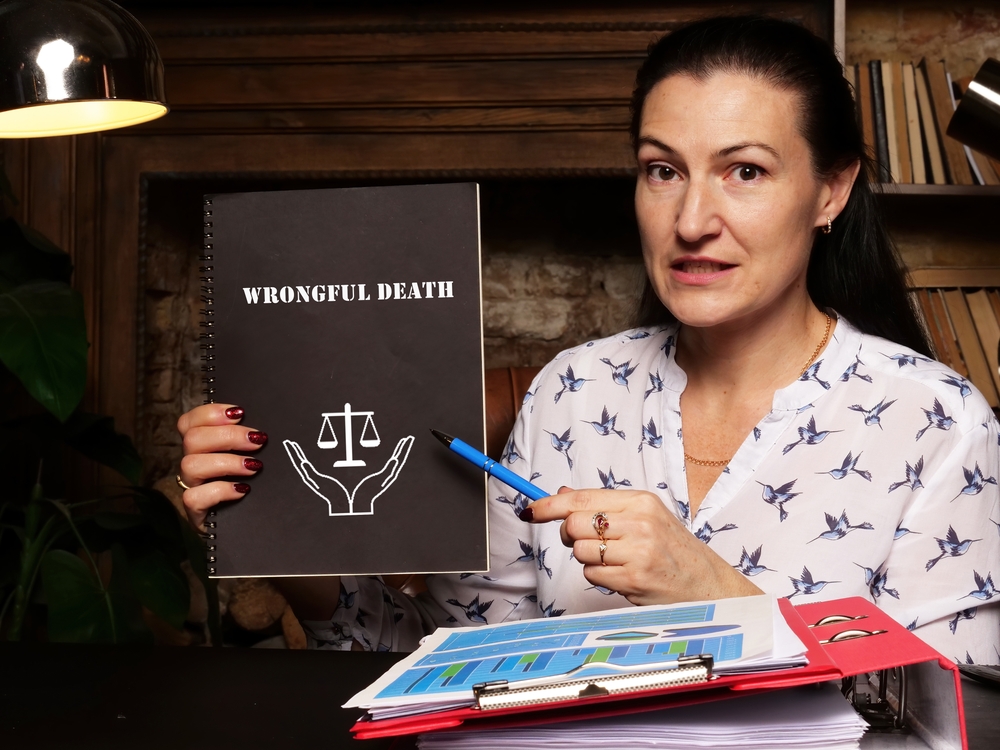Losing a loved one in a vehicular homicide incident is a devastating experience, and families left behind may wonder about their legal options for seeking justice and compensation. In Georgia, wrongful death lawsuits provide a means for surviving family members to pursue accountability and financial recovery when a loved one dies due to someone else’s negligence or wrongful actions. Let’s explore the process of suing for wrongful death in vehicular homicide cases in Georgia, including relevant laws, the lawsuit process, and who can file a lawsuit.
Georgia’s Wrongful Death Statute
Georgia’s wrongful death statute, codified under O.C.G.A. § 51-4-1, allows surviving family members to bring a civil lawsuit against the party or parties responsible for causing the death of their loved one. Under this statute, wrongful death is defined as a death caused by the negligence, recklessness, or intentional misconduct of another person or entity. In the context of vehicular homicide, this could include actions such as driving under the influence (DUI) reckless driving, or other forms of negligence that result in a fatal accident.
The Lawsuit Process
Filing a wrongful death lawsuit in Georgia typically begins with the appointment of a personal representative or executor of the deceased’s estate. This individual, often a family member or close friend, is responsible for initiating legal action on behalf of the surviving family members. The lawsuit must be filed within the statute of limitations, which in Georgia is generally two years from the date of the deceased’s death.
Once the lawsuit is filed, the legal process begins, which may involve pre-trial discovery, settlement negotiations, and, ultimately, trial proceedings if a settlement cannot be reached. During the trial, the plaintiff (the party filing the lawsuit) must prove that the defendant’s actions were the proximate cause of the deceased’s death and that the defendant’s negligence or wrongful conduct led to the fatal accident.
Who Can File A Wrongful Death Action In Georgia
In Georgia, only certain individuals are eligible to file a wrongful death lawsuit on behalf of the deceased’s estate and surviving family members. According to Georgia law, the following parties have standing to sue for wrongful death:
- The surviving spouse of the deceased
- The surviving children of the deceased, if there is no surviving spouse
- If there is no surviving spouse or children, the surviving parents of the deceased
- If there are no surviving spouses, children, or parents, the personal representative of the deceased’s estate may bring the lawsuit on behalf of the estate and any other lawful beneficiaries
It’s important to note that wrongful death lawsuits in Georgia are civil actions separate from any criminal charges that may be brought against the responsible party. Even if the defendant is acquitted or not charged criminally, they may still be held liable in a civil wrongful death lawsuit if they are found to be at fault for the death.
Compensation In Wrongful Death Cases
In wrongful death lawsuits involving vehicular homicide, the surviving family members may be entitled to various types of compensation, including:
- Medical and funeral expenses incurred as a result of the deceased’s death
- Loss of the deceased’s income and financial support
- Loss of companionship, guidance, and consortium
- Pain and suffering experienced by the deceased before death
The amount of compensation awarded in a wrongful death lawsuit depends on various factors, including the circumstances of the case, the extent of the damages suffered by the surviving family members, and the evidence presented during the legal proceedings.
Seek Legal Guidance From Our Atlanta Wrongful Death Lawyer!
Suing for wrongful death in vehicular homicide cases in Georgia is a complex legal process that requires careful navigation of state laws and procedures. By understanding Georgia’s wrongful death statute, the lawsuit process, and who can sue on behalf of the deceased, surviving family members can pursue justice and accountability for their loved one’s death. Seeking guidance from our experienced wrongful death attorney can provide invaluable support and advocacy throughout the legal proceedings, helping to secure the compensation and closure that families deserve in the wake of a tragic loss.
If you have lost a loved one due to a fatal accident, get the legal help you need. At Shani O. Brooks P.C., we recognize the challenges of navigating wrongful death cases and are dedicated to advocating for justice on behalf of your family.
Dial 404-920-4736 to connect with our Atlanta wrongful death lawyer to receive your free consultation Let our compassionate team offer the support and legal direction you require during this difficult time. Your pursuit of justice is our top priority, and you can trust in the capable hands of Shani O. Brooks P.C.


